|
This is always going to be a sensitive subject and I want to shed some light to hopefully bring a different point of view to the public. Shelter, pet store, or breeder?The word breeder has turned into such a negative concept. There are so many irresponsible people that breed animals with little to no knowledge and sell them to uneducated or irresponsible people. Most animals in shelters are there because their past owners didn't want them, they had no other place to bring them to, or breeders were busted for abusing or mistreating animals. Shelters are in need of families to adopt animals from them and I do encourage it 100%. I also believe that responsible breeders that sell to responsible owners should be an option as well. This will be a hard pill to swallow but if you knowingly buy a rabbit from a breeder who is not responsible or mistreating their animals, you are not "saving" their babies. You are growing their business. There are so many people that have the mentality that if they don't personally adopt or buy that poor bunny then who knows what will happen to him or her. You feel like you may be saving them but in the most precious way I can say this, you are not. You are helping their business grow. If you decided to not buy from them because they are not reputable, then eventually someone would buy him or her but it would cause stress to the breeder because they wouldn't be moving babies out as fast as they would like which eventually would slow down the amount of litters they decide to have or even encourage them to stop breeding because it "wouldn't be worth it". I can't stress enough how important it is to do research and find someone who really cares for their animals and raises them ethically. Or if it's an option for you find a local shelter and adopt there because no matter what, there will always be animals in shelters. If we can really grasp a hold of this concept and do our part in responsibly adopting our animals, we can make a huge difference in not only our communities, but the world. SheltersWhen most people think of shelters, they think of horrible owners just dumping their animals. That is a very narrow mind set to have and there will always be strong opinions about this topic. Some families are forced to move beyond their control and maybe don't find a place that allows animals like their last place. Some people get very ill and can no longer give their pets the attention that they deserve due to such a drastic life change. Guess what? That's life and it's ok for them to need to re-home them. The shelter should be the last place and if they bought from a responsible breeder, that breeder should have been the first option to take the animal back to. Most people don't think about "life time support" or a "take back policy". Families are usually planning to keep this animal for it's remaining life. Even if you have zero intentions in returning or giving up an animal, I recommend always adopting from a responsible source that will take back animals for any reason. Yes, you may never think you need that service, but so did 6 million other people that surrendered their animals to shelters in just America alone last year. All in all, shelters most definitely need families to adopt pets from them so if that is an option for you, look into it! But also don't shame great ethical breeders for hand raising pets for families as well. Pet StoresI'm not going to say every pet store is horrible and that you should never get your animal from there. But do you know exactly where that rabbit or hamster came from? Or the exotic birds and reptiles? Big chain pet stores sell exotic animals and the worst part is when their employees know little to nothing about how to properly care for these animals. Not all pet stores are like this so don't get me wrong. But for instance, we have a pet store near us that has so many exotic birds, fish, and reptiles. I go there every so often so look because it's very intriguing to me and I love to see animals. Anywho... one day a man walked in with a box of rabbits. Of course I wandered over to him and started a conversation. He said he bought his daughter two bunnies over a year ago and thought they were the same gender. Six months passed by and they had babies. Ever heard of this happening? It happens all the time with inexperienced people trying to figure out rabbits genders. He said his daughter lost interest in the rabbits so he built a big pen outside and put them out there. He said they just kept multiplying with each other so he decided to bring them to the pet store and sell them for $10 each as s small side business. So this store accepts and buys INBRED rabbits and resells them to the public! I overheard the owner talking to the rabbit guy and he said he would take the 3 smaller babies but not the bigger one because it won't sell. I just hated every part of the conversation so politely excused myself. This isn't to say every pet store doesn't sell quality animals but do they really know where they are being raised at prior to showing up at their store? Ask them next time you go in. Pet stores are also not going to offer lifetime support, even with their exotic animals. Sure you can go in and ask questions but depending on who is working, they may not be able to help you with your questions because most employees aren't specialized in the animals. You get what you pay for. I have a lot of people ask me why our bunnies are hundreds of dollars and then I hear from some of them later on down the road that adopted their bunnies from an unreliable source because they wanted a cheaper rabbit. They ask me for advice or help and unfortunately those messages are not responded to because I have healthy boundaries within my business to give my full attention and time to my customer base. Again, you get what you pay for! I do take in account every message I get and your questions help me write more blogs to share with the public to help educate everyone! BreedersFinding an ethical breeder may be hard especially if you are just starting to look into it. You can join groups on Facebook and ask around or Instagram is a great source as well. Even just reaching out to different rabbitry's you find on Google or Craigslist is ok too. Just be sure to ask about their sales policy and if they have a website, read it inside and out to get a grasp of how they raise their rabbits. Always ALWAYS as questions. Ask to see where their rabbits are kept and if they can't show you in person because they want to keep their home life private from the public, that's ok. Just ask to see pictures of their setup. If they still won't show pictures then run! People that breed animals should specialize in them and have enough adequate clean space that each animals lives in. It's also important to see what kind of services they offer after taking home their animals. Support is an essential apart of being a great breeder, so be sure they offer support in case you have questions. If you've never had a rabbit before, I can tell you right now you will most definitely have questions the first two weeks you have them. Some people offer support but are very shady afterwards and will just cut you off so do research and take the time to read reviews or message a few rabbits on Instagram and ask if they have any advice of good breeders. The Instagram bunny community is an amazing place with so much helpful information!
I hope this has been helpful for you to read and maybe even brought some new perspectives to your thoughts on shelters, pet stores, and breeders!
0 Comments
Being a breeder it can get pretty expensive to buy all of our rabbits toys on a consistent basis. I will be posting more DIY rabbit toys to our blog to help reduce your costs as well! There are some really fancy rabbit toys out there on the market that some of our rabbits could honestly care less about. But sometimes, it's the almost free toys that get the job done and they even last longer! So here is a fun one... start saving those toilet paper rolls! Step 1. Collect your supplies!Items you'll need:
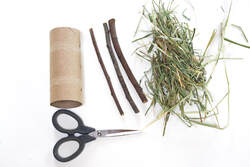 Step 2. Cut Holes In The Toilet Paper Roll!Carefully with your scissors cut 3 holes on opposite sides of the toilet paper roll so that when you stick one of the sticks through, it will go through both holes. Step 3. Shove hay into the toilet paper roll. The fuller the better!If you have a rabbit that is picky about eating hay, try to make one of these fun toys to spice things up for them! It may encourage them to eat the hay more often! Step 4. Stick one stick through to each hole to complete!If you packed your toilet paper roll tight, it may be a little harder to stick the sticks through to the other side. Just wiggle them and twist them until they go through! Completed!Hay...what's the big deal?Buying hay can feel complicated at times especially with a picky eater. 1st cut, 2nd cut, 3rd cut…. What’s the difference? Here we will discuss this! 1st cutFirst cut hay is just as it sounds! It is the first cut of the season out of the field before it blooms. This hay usually has thinner stems but it's more stemy than leafy. It's higher in fiber content and lower in protein and fat content. The color will be lighter with more yellow and brown parts. This is a good quality hay for rabbits. If you have a rabbit that is overweight or is prone to getting G.I stasis, than this is the hay for them. Click on the link to order 1st cut timothy hay->> 1st cut hay 2nd cutSecond cut hay is a good hay for healthy adult rabbits. It usually has more leaves on the stems which is more attractive to your rabbit. This hay is greener than 1st cut and not as stemy. The protein and fat content is a little higher than 1st cut and the fiber level is a bit lower. Click on the link to order 2nd cut timothy hay->> 2nd cut hay 3rd cutThird cut is a very soft and heavy leafy hay. It should be a darker green than 1st and 2nd cut. It's higher in protein and fat content and lowest in fiber content. This hay should be given as a treat or you can mix it sparingly with 1st or 2nd cut hay if your rabbit is a picky hay eater. If you have a rabbit that is underweight, this is an ideal hay to give them as it's higher in protein and fat which should help weight gain. Be watchful of your buns poos. If you notice softer poos, besides their cecotropes, than cut back on this hay. Click on the link to order 3rd cut timothy hay->> 3rd cut hay Not sure what your rabbit will prefer?Sometimes it's best to let your rabbit sample each kind of hay and see what they like best. Small Pet Select has a sampler box that has 1st, 2nd, 3rd cut timothy hay, and also orchard grass.
Click on the link to order your sampler box->> Sampler Box If you are wanting an indoor rabbit than spaying/neutering can help make them better indoor companions! Here we will discuss the benefits of it. Makes Them Better CompanionsWhen you bring your baby bunny home they are cute and snuggly but shortly after you may experience hormonal behavior such as nipping or biting, aggressively digging and scratching, no longer using the litter box, circling around your feet, or constant pacing and always on the go. Rabbits can go through this as early as 8 weeks. Every rabbit is different and your rabbit may not experience these behaviors on an extreme level. You may not have to worry about hormonal behaviors or fixing them but this is a rare instance in rabbits! Baby bunnies aren't set in their ways yet so be prepared for changes after they come home. This blog is to educate you for the best or worse case scenario! If your rabbit is showing any of the hormonal signs above, you will want to contact your rabbit savvy vet to see what age they spay/neuter rabbits. Some are comfortable with doing it as early as three months, where others wait until 6 months. It will just depend on each individual vet. Marking Their TerritoryRabbits are territorial animals. They mark their territory by leaving poops, urine, and chinning everything. Once their hormone levels start rising, they will spray their urine to mark their area and let anyone and anything know that it belongs to them. They will also leave little poop pellets around. After they are fixed they will stop spraying urine and poop should be mostly in the litter pan. It is mostly males that spray their urine. Very rarely do females actually spray urine. Not every rabbit will poop 100% of their poos in the litter box but there are a few different options to help try to control this.
The scent gland by their genitals usually does not need to be maintained but if your rabbits living area is cleaned and you smell a musky smell, it may be these scent glands. They produce a dark yellow or brown wax substance and can easily be removed by a wet Q-tip. You will want to gently hold them back and move the fur away around their genitals until you see the waxy substance. Sometimes it's kind of packed down in their so twist the wet Q-tip to loosen the wax and it will make it easier to come out. The smell is horrendous but once it's out, your rabbits area will smell so much better!
Helps With Bonding To A New RabbitIf you are thinking about adding another rabbit to your home, fixing your current rabbit is a must. It will reduce their urge to want to mate or aggressive behaviors. Usually your rabbits hormone level will drop within the first few days but I have seen some rare instances where it takes several months. Always just slowly introduce your rabbits in a neutral area and monitor them closely to see how they react to each other.
I get this question on a daily basis so that always means it’s time to blog! The number one quality families want in a bunny is for them to be snuggly. You will see in our videos we post on Instagram of us holding and handling the buns and they are calm. I’m always asked… “Which bunny is the most snuggly out of the litters?” So let’s get into the nitty gritty of what to expect when adopting a baby bunny.
First off, rabbits are a prey animal but did you know that domesticated rabbits are not even the same species as wild rabbits? Those cute cotton tails you see hopping around your backyard are apart of the hare family. Domesticated rabbits belong to the Lagomorpha family. Although rabbits are prey animals, there are many ways to socialize domesticated rabbits to have them living happily in your home. The first and most important stage in bunnies lives is how they are raised from birth, which is the breeders job. Here at Blue Clover our bunnies live indoors in the most realistic home style environment. We have individual solid floor pens that are spacious enough for each mama and her babies. Aside from a clean and spacious environment, socializing is the most crucial part of a bunnies development. Every breeder or person has their own opinion and I respect that but this is my point of view from raising rabbits since 2011. When babies are born here they are handled from day one. Did you know domestic rabbits eyes don’t even open until around 10-11 days? Wild baby bunnies are born with their eyes open for obvious reasons. Otherwise there probably wouldn’t be very many wild buns hopping around due to predators! So since domestic bunnies eyes aren’t open, they cannot associate anything with sight yet. They are also born deaf. So this leaves “touch”. They can most certainly feel everything around them. It’s so important to make a bond with them at this early stage so they are familiar with being handled and pet. Once their eyes open, they can associate you handling them with sight now and you are not a threat to them. This is a crucial step in development and one of the main reasons why we are not a “hobby breeder”. This is a lifestyle and it’s every single day for me. Occasionally I have helpers come too! So all that being said, no breeder can ever guarantee personality traits in baby bunnies. We can give you a description of what they are like currently, which is usually easy to handle and sweet, but things can change and most likely will change. Some change more than others and it’s not always bad changes. Just normal bunny behavior changes! I've seen it where people have had super snuggly babies and then a few months pass by and they are still very social but don’t like being handled. Sometimes it is honestly human error and I have actually helped numerous people just tweak and adjust the way they pickup and handle their bunnies and everything is ok after that! And in rare cases, sometimes the buns just do not want to be picked up. So yes, you can have a snuggly baby bun (and you most likely will) but it “can” change. Rabbits go through a hormonal stage and it can start as early as 8 weeks which is right when you would be getting them. That doesn’t mean that every rabbit that leaves changes the day they get home. But it’s just to educate you that it is possible that the hormone levels could increase that early. A hormonal rabbit will usually be “testy” or have an attitude like a teenager. Males will tend to run in circles around your feet and almost all male buns will spray pee once they start getting hormonal as well. Both genders can get attitudes and you may notice them stomping their feet because they don’t approve of something or they are irritated. This is all normal behavior to expect and the solution is getting them fixed sooner than later. Call to ask your local exotic (experienced with rabbits) vet to see what age they spay and neuter rabbits. Some can do it as early as 3 months while others will wait until 6 months old. All in all, when you see cute tiny baby bunnies online, be sure to keep this information in mind when making a decision whether to get one or not. Baby bunnies are cute and snuggly and adopting them from responsible and reputable breeders will definitely increase the odds of having a social and hopefully snuggly bunny. But the reality of it doesn’t always turn out that way. We are in contact with SO many families that have adopted bunnies from us and a lot of them have snuggly bunnies still to this day. It’s not too common that we’ve had families have difficulties handling their buns but it has happened as with every other rabbit breeder in the world. If you are completely set on only wanting a snuggly bun then your absolute best option is to get one that is at least 6 months old and already spayed or neutered. Those buns will mostly be set in their ways by then. So if they are easy to handle at that stage then you probably got yourself a winner! This blog wasn’t to scare you out of adopting a baby bunny. But more so to educate you on what you could possibly encounter. Like I said above, if you find a responsible breeder that handles their babies daily, your chances will definitely be higher of getting a snuggly bun! Giving back to the communityThe reason I chose to list this as the first reason is because it's the most meaningful to me. We started taking our bunnies out in the community last year and we've recently been blessed to find a few more homes and a nursing home to bring them to! There is nothing like seeing the look on families faces when they come to pick up their bunnies. Don't get me wrong, it's such a good feeling. But to see the residents in these homes smile and say that it made their whole week is simply priceless. I've heard so many stories that break my heart such as families never coming to visit them anymore because they are too busy or "not themselves" anymore due to their condition. I could rant on about my opinion on that but I won't. But I will say we only get our family once and once they're gone, they're gone. Be there for them and spend time with them. Also we recently just started doing bunny therapy session in our home! I love watching people oh and ah over our animals. It brings joy not only to them but us too! I'm so thankful that God has opened a door for us to be able to do this. We are in the long process of finding a new home that is bigger to accommodate larger groups and more activities for our community to come to! Can't wait to see what the future holds for Blue Clover! Here are a few pics from the adult family homes we've been to! I wish you could see the looks on their faces but unfortunately due to confidentiality, we can't post their faces. They all have the biggest smiles though!! Our dogsWe raise boxers as well and it still amazes me to this day that Bailey and Bo do SO well with our bunnies. I remember how good Bailey was when she was just a puppy and when we got Bo I said to myself...there is no way I will have two boxers that are good with bunnies. Well lo and behold Bo loves the bunnies as well! They are so gentle with them and Bailey is such a nurturing dog. I almost think at times she thinks they are her babies! From some of the pictures below you'll know what I mean! Boxers are high energy dogs but with the proper training they can be very well behaved. I've been considering writing a blog post on how I socialize our dogs with the bunnies so you may see that in the near future! Receiving updatesI frequently get emails from families that just send me updates on their bunnies. A lot of the time the emails start out as, "I know you're busy but..." or "I don't know if you'll see these but...". I am a very busy lady but I LOVE getting updates and I see and respond to every one of them! Never hesitate to send me pictures or updates! Some of my best days start out with messages I wake up to of families who are sending me selfies with their bunnies or letting me know how well they are doing. Some people even have questions or concerns and I never want you to feel like you can't ask me! The fact that you are reaching out and concerned or just wanting to see if something is ok gives me comfort that you care about the well being of your bunny! If you have a bunny from us than you have bought into a life time support system through us so don't hesitate to use it! Below are pictures I've received from families! These are so valuable and they're all saved to my computer! When you are passionate about what you do, there is no telling how far it can take you!
Rabbits DietIt's very important that your rabbits get the right amount of nutrients every day. Feeding your rabbit incorrectly can lead to obesity, dental issues, and possibly even death. Rabbits are more sensitive animals than a cat or dog so making sure they have the correct diet is vital to their well being.
|
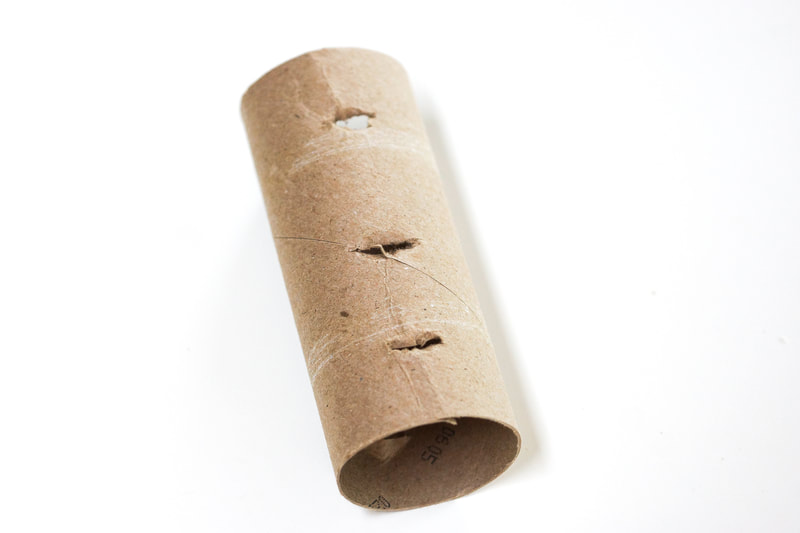
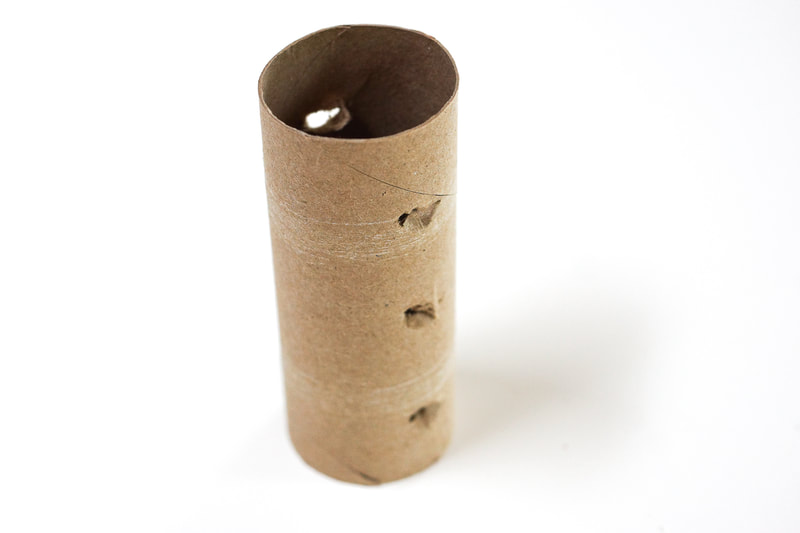
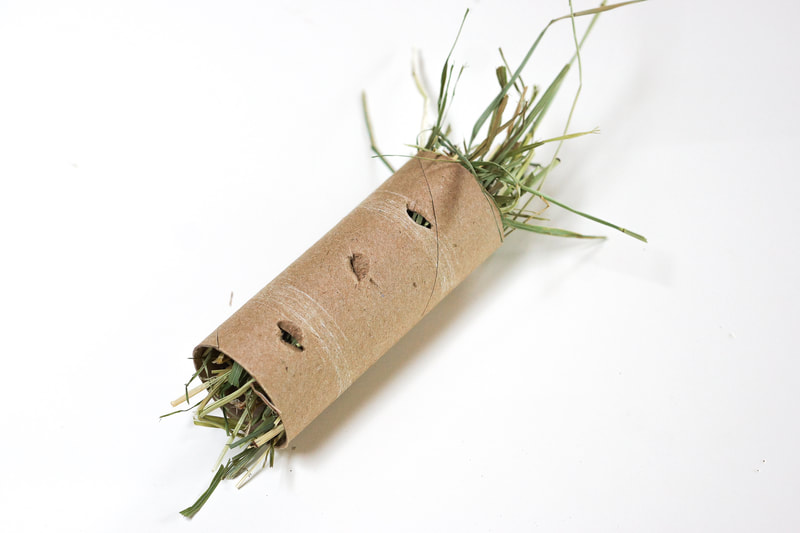
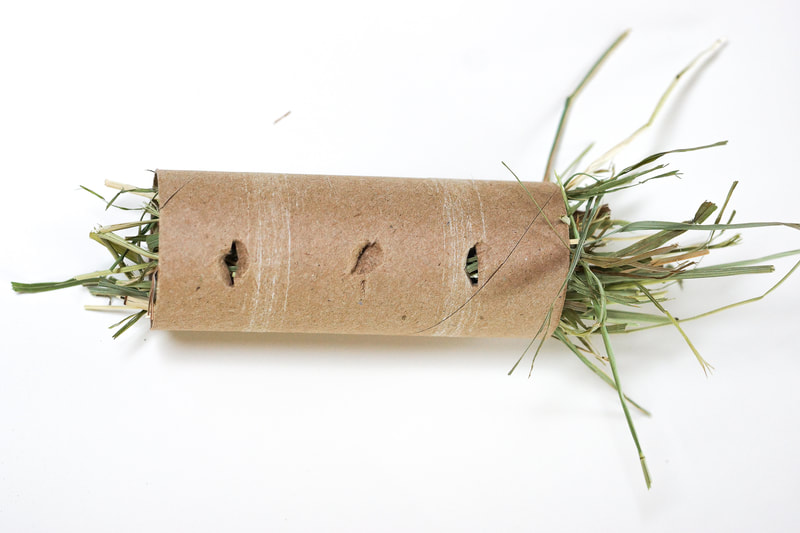
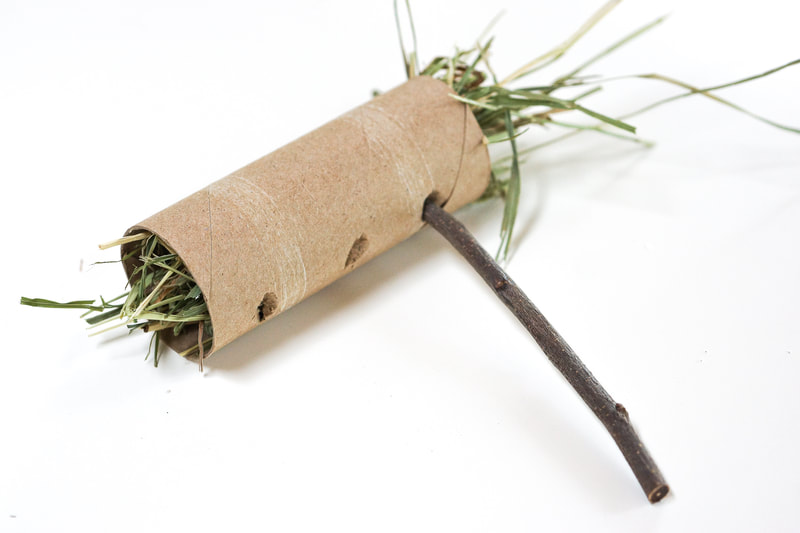
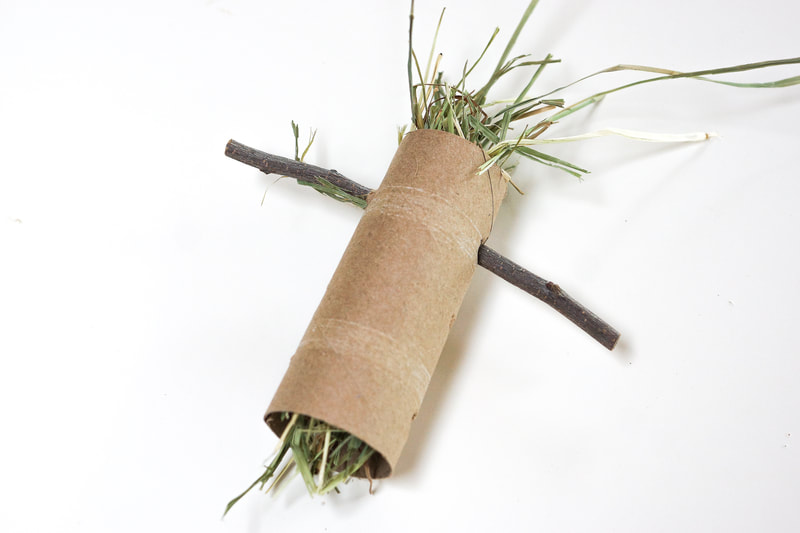
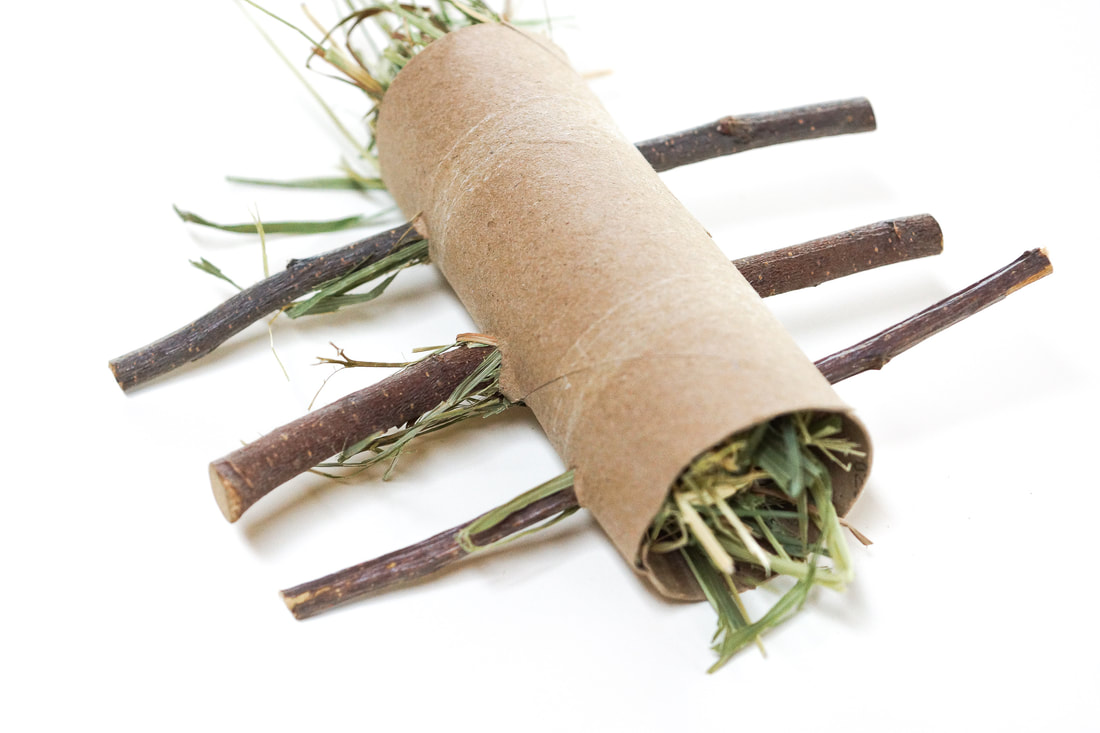
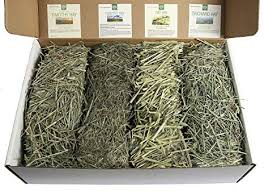
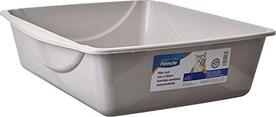
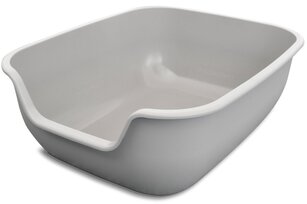
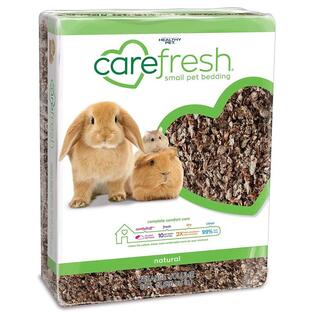
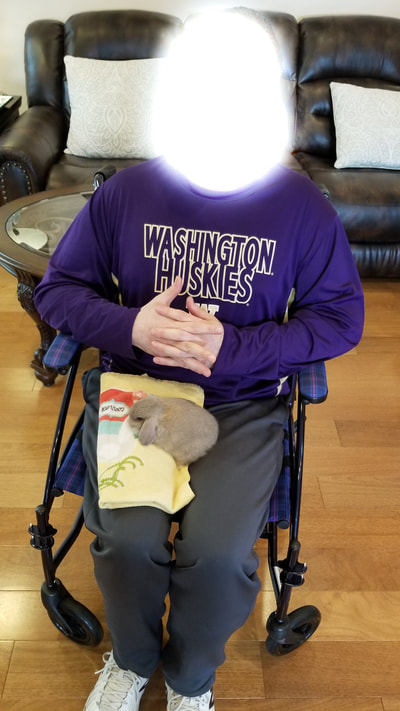
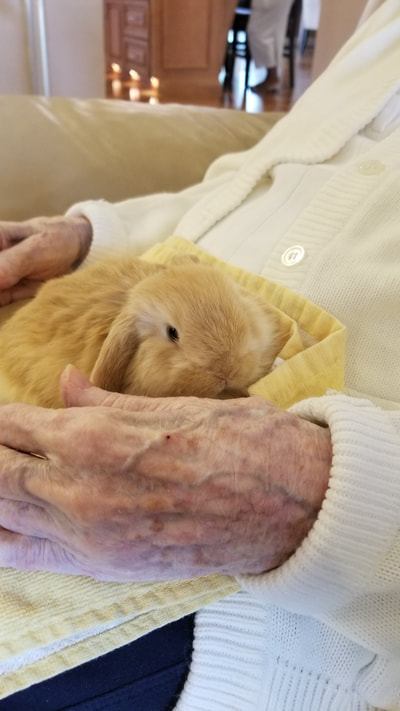
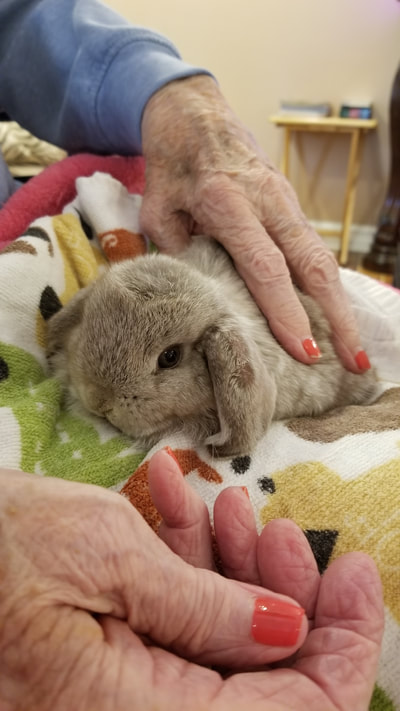
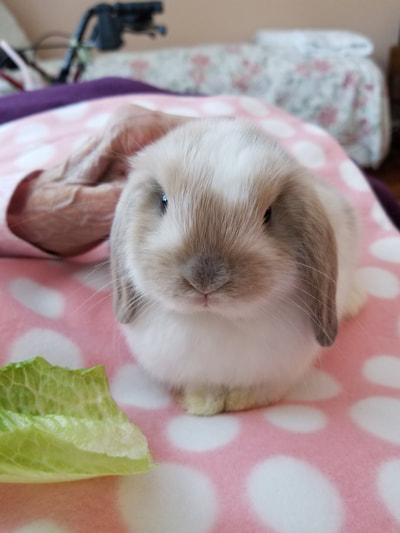
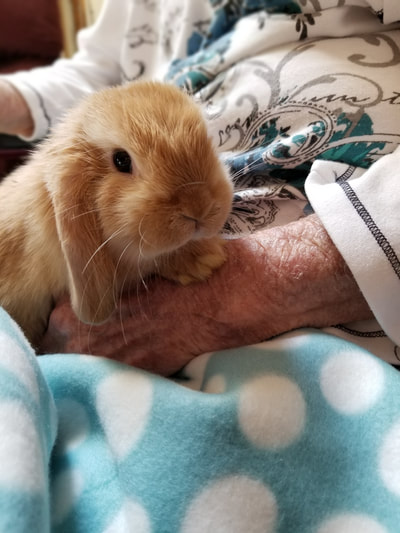
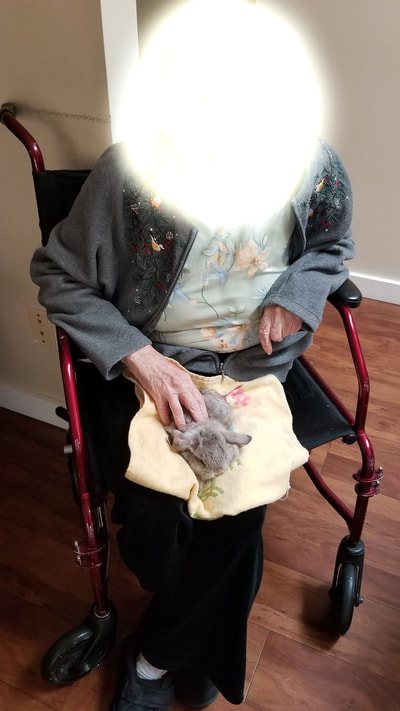
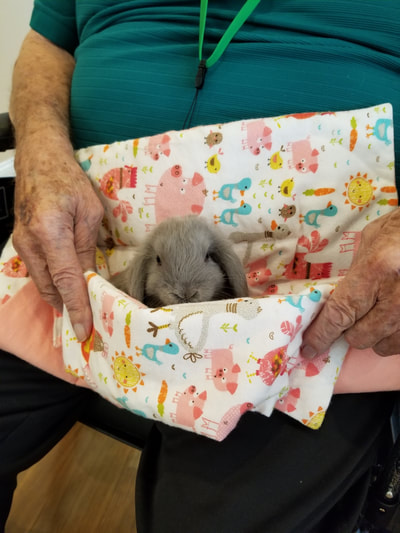
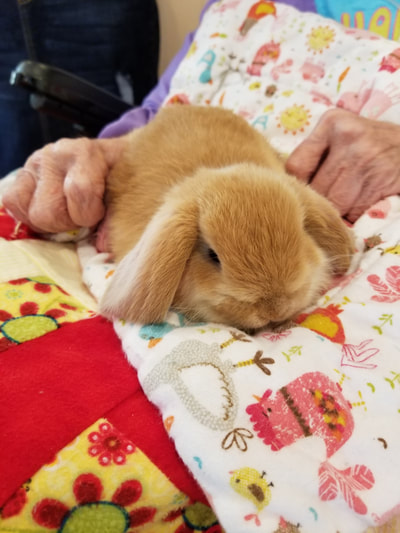
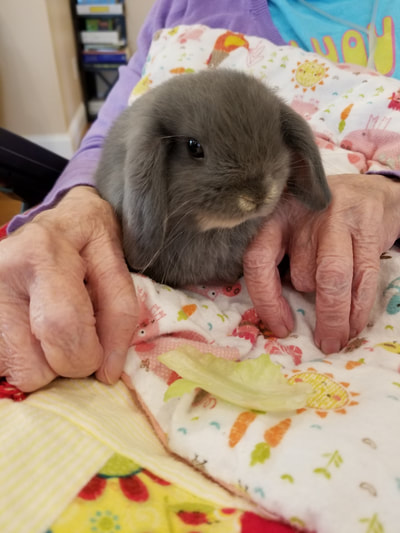
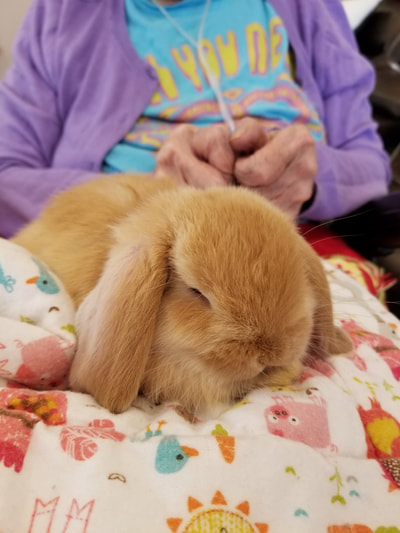
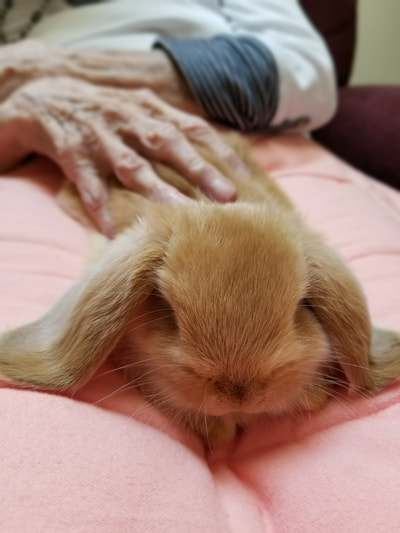
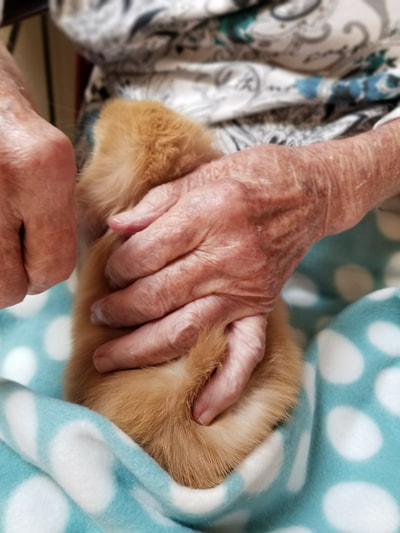
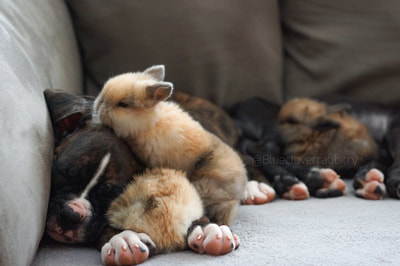
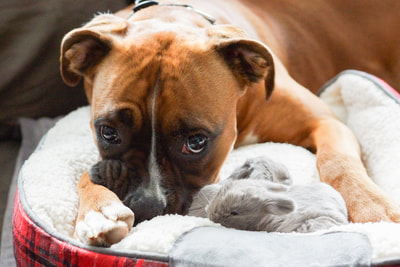
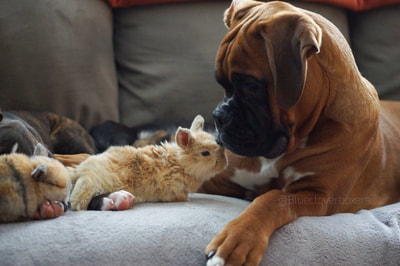
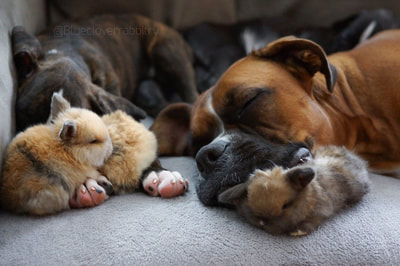
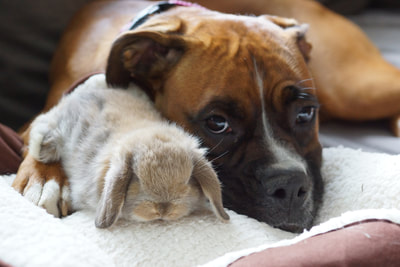
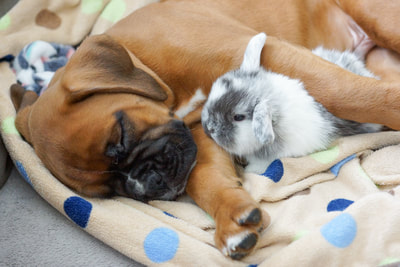
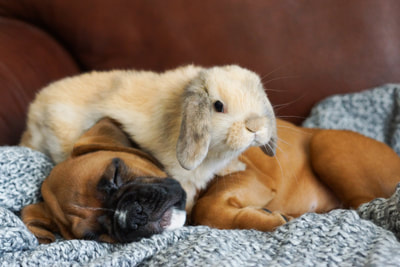
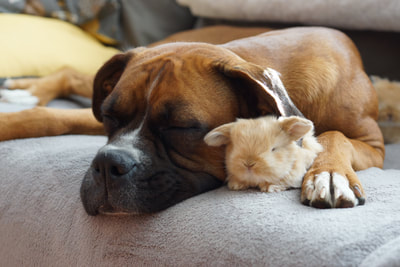

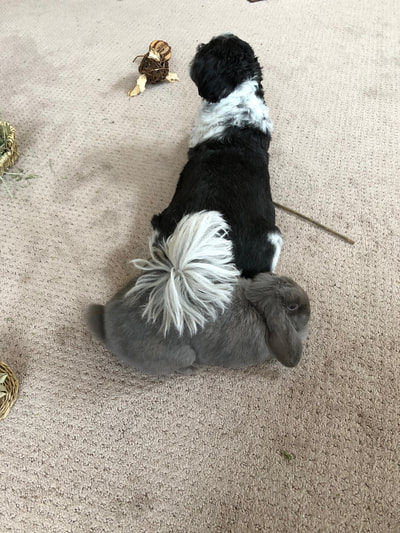
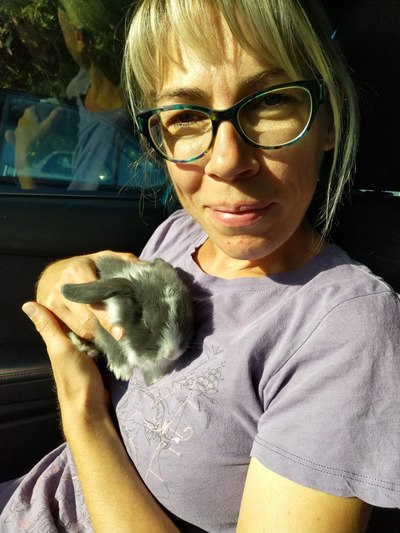
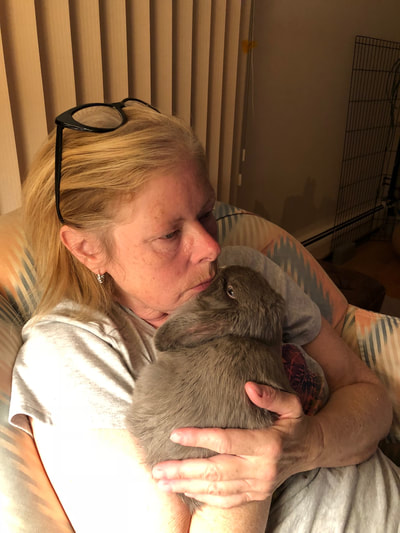
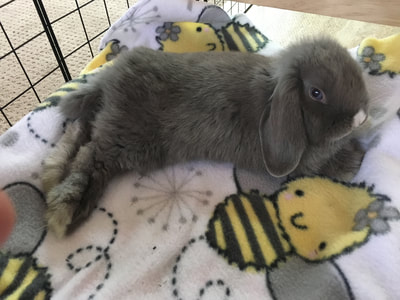
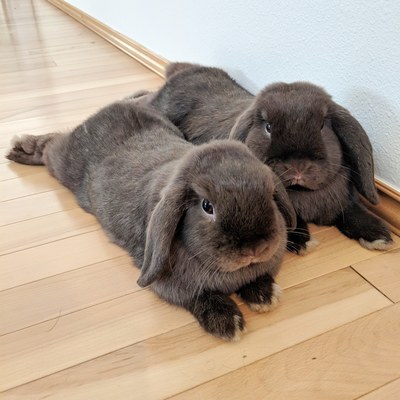

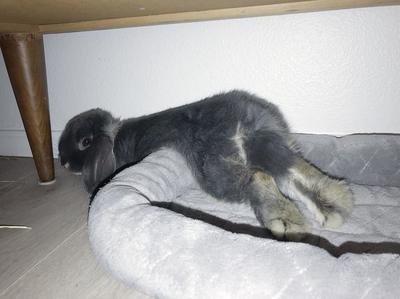
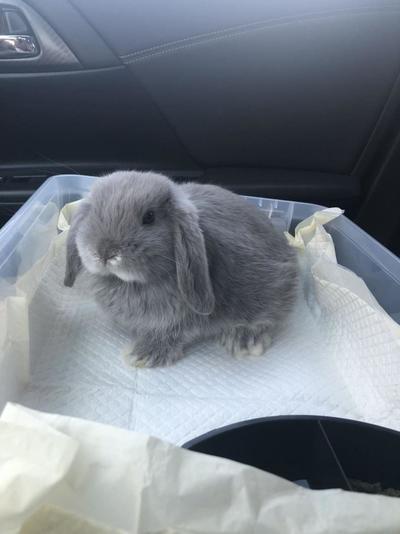
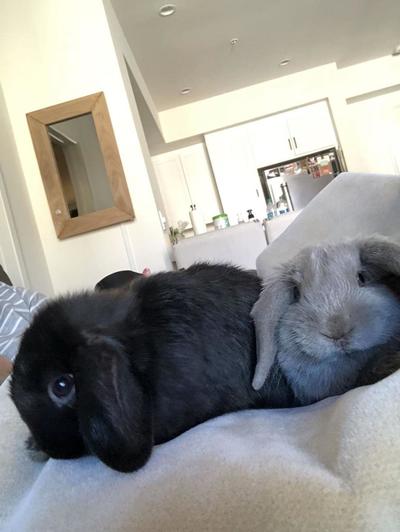
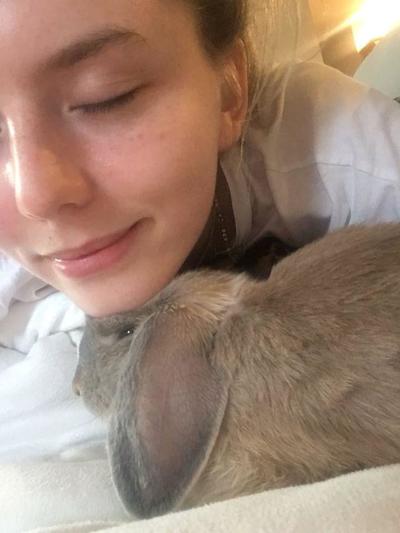
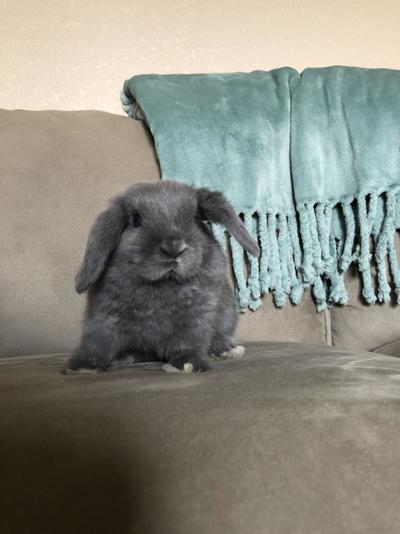
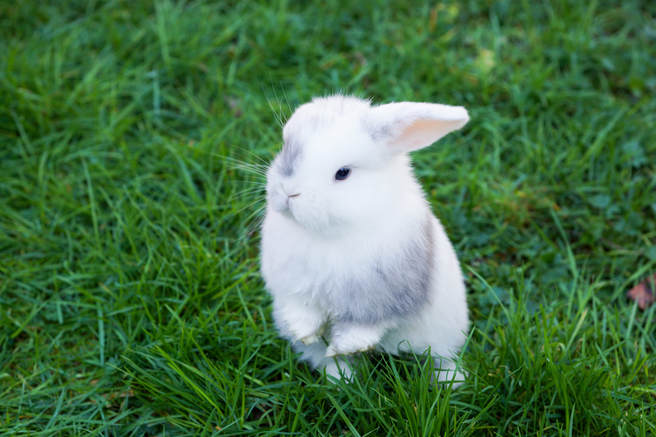
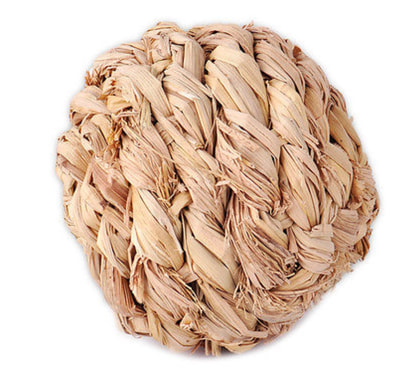
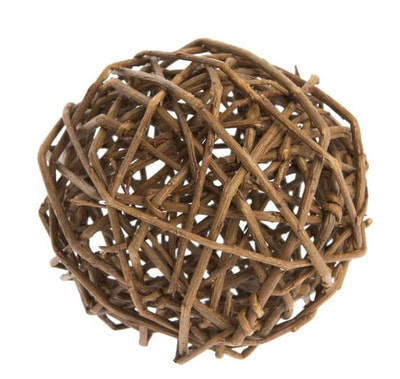
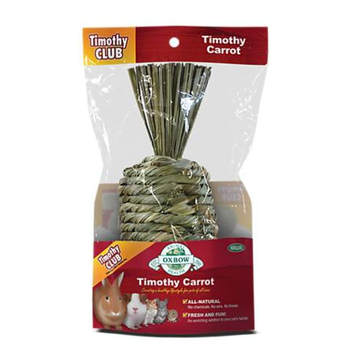
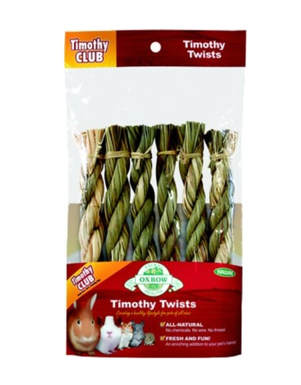
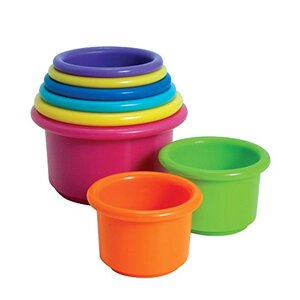
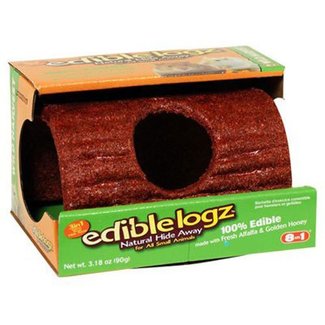
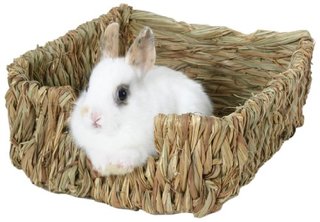
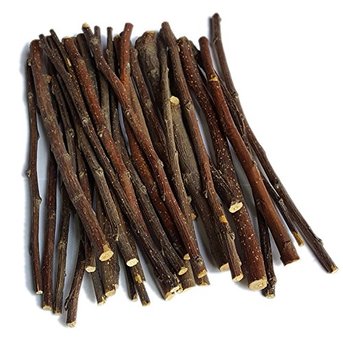
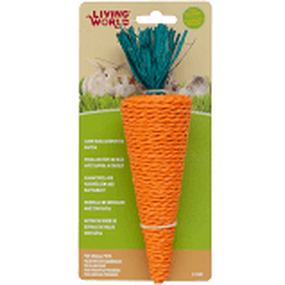
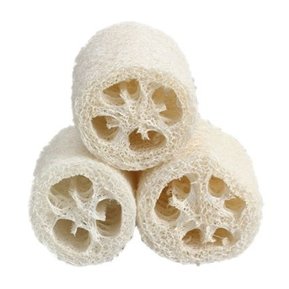
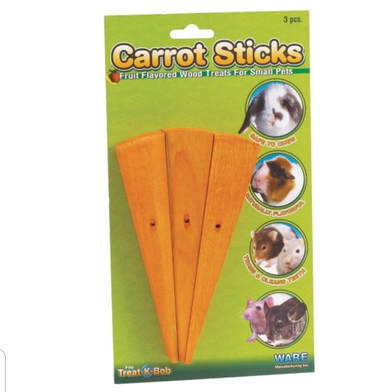
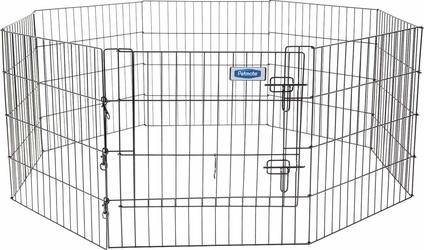
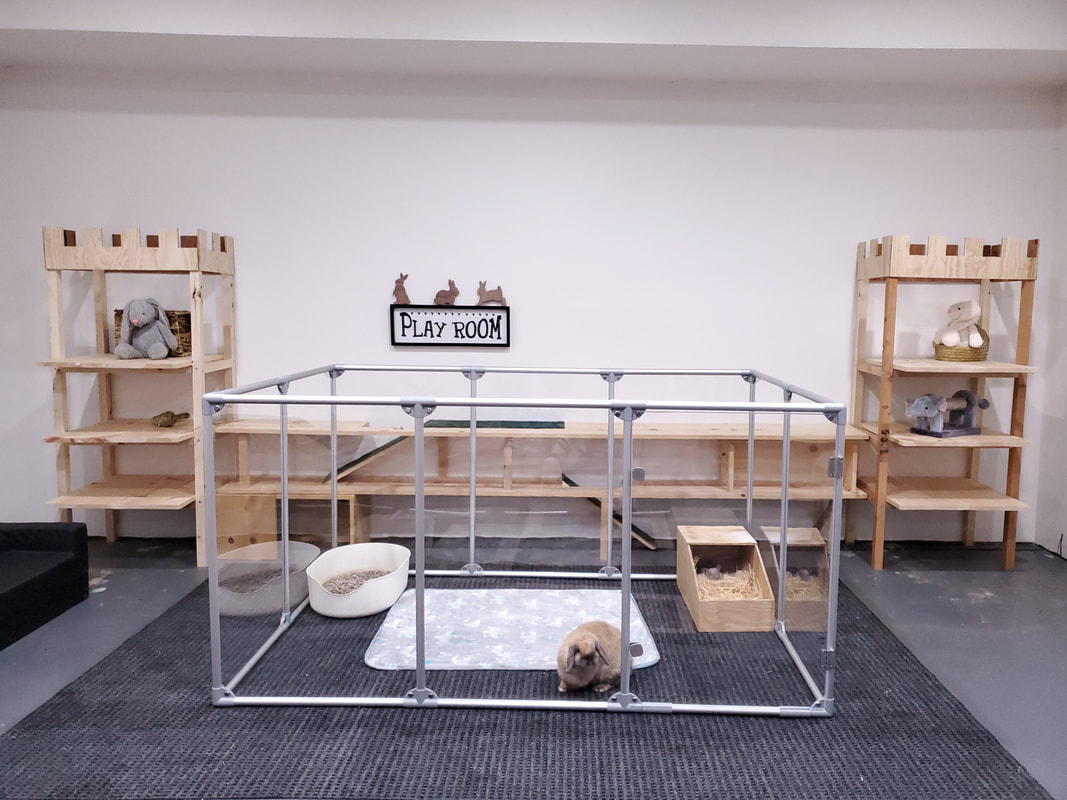
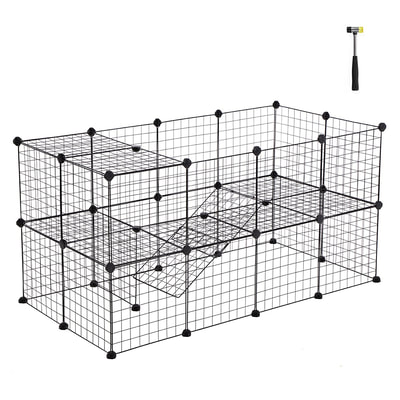
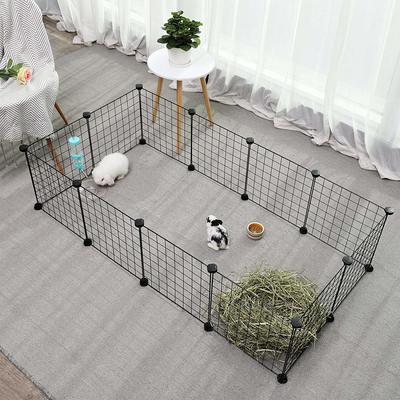
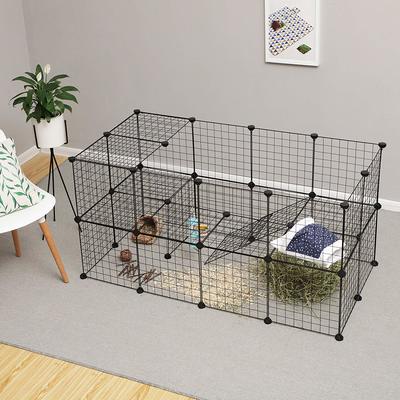
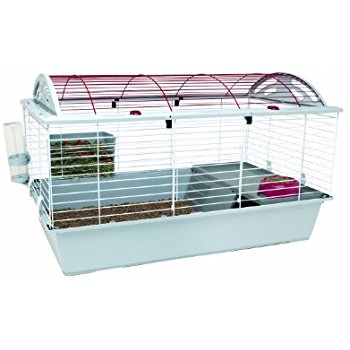
 RSS Feed
RSS Feed